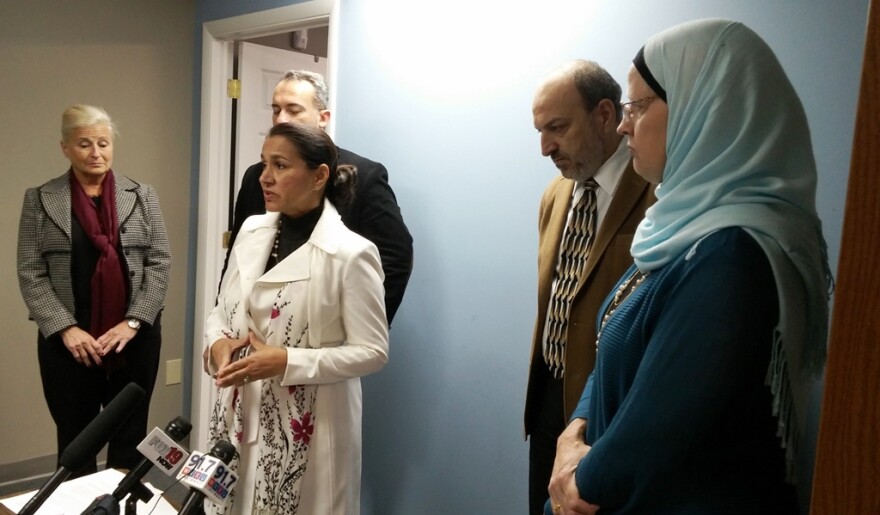After the terror attacks in Paris last week, several U.S. Governors, including those in Ohio, Indiana, and the governor-elect of Kentucky, have said they don't want Syrian refugees settled in their states, citing security concerns.
Local Muslim groups are criticizing the statements.
Karen Dabdoub with the Council on American-Islamic Relations says they contribute to an atmosphere of bigotry and fear.
“We’ve seen in history what can happen when we start to see this type of very, very hateful rhetoric coming from people running for office, for instance… directed at a particular minority religious community," Dabdoub says. "And I don’t think we want to go down that road again as a nation.”
Dabdoub says the governors are trying to score political points because they have little say in immigration policy.
She says refugees are trying to escape war, not bring it with them.
“We find it truly disappointing and disturbing that our elected leaders, who are elected to represent their entire communities, would find it politically expedient to score points on the backs of people who are fleeing from death and destruction,” Dabdoub says.
Dabdoub says she understands concerns some people have, but says they aren't well founded.
AshrafTraboulsi with the Syrian American Foundation says refugees who want to come to the U.S. are processed through the United Nations.
“Any inbound refugees have to be registered in the camp," Traboulsi says. "And the process has built-in screening, and built-in robustness to screen and scrutinize and background check everybody who’s coming to this country. And it takes 12 to 18 months minimum.”
Traboulsi says the screening process is thorough. He says if it needs to be strengthened, that's alright, but it should not penalize people fleeing war.
Traboulsi says as an American citizen, he is concerned about safety and security; and doesn't think the current resettlement effort poses a risk.



